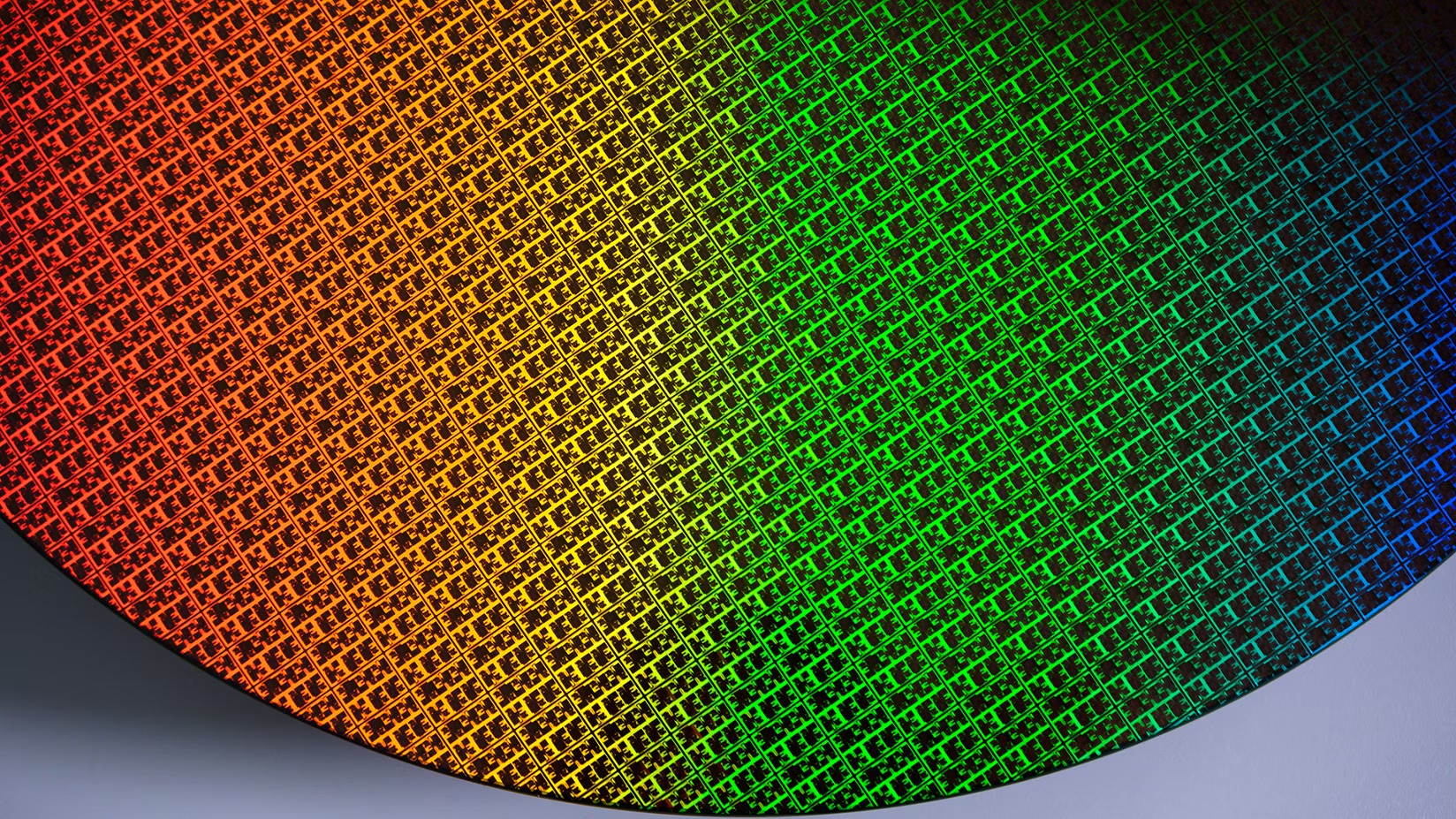
Intel's 18A Chip Node Promises Efficiency and Speed Improvements
Intel has announced its upcoming 18A chip node, claiming increased efficiency and speed compared to its previous technologies.
Intel recently unveiled its upcoming 18A chip node during the VLSI Symposium in Japan. The company claims that this new technology could either deliver up to 25% more speed at the same power level or up to 38% greater efficiency at identical frequencies compared to the previous Intel 3 node. This advancement could significantly enhance battery life for laptops.
At present, there have been no Intel 3 chips used in consumer products; Intel opted to utilize TSMC’s N3 node instead, which powered the Lunar Lake and Arrow Lake processor families.
The most advanced chip architecture currently available from Intel is the Intel 7 node, which is a rebranding of its previously troubled 10nm technology, introduced with delays exceeding several years. These latest claims raise questions about how Intel 18A will match up against TSMC’s N3 node, which is currently favored in Intel’s new CPUs.
These assertions raise significant technical discussions regarding the expected performance and efficiency of future machines featuring Intel’s new technologies. It will be interesting to see how the market responds once the Panther Lake mobile CPU, equipped with an 18A die, is expected to launch later this year.
